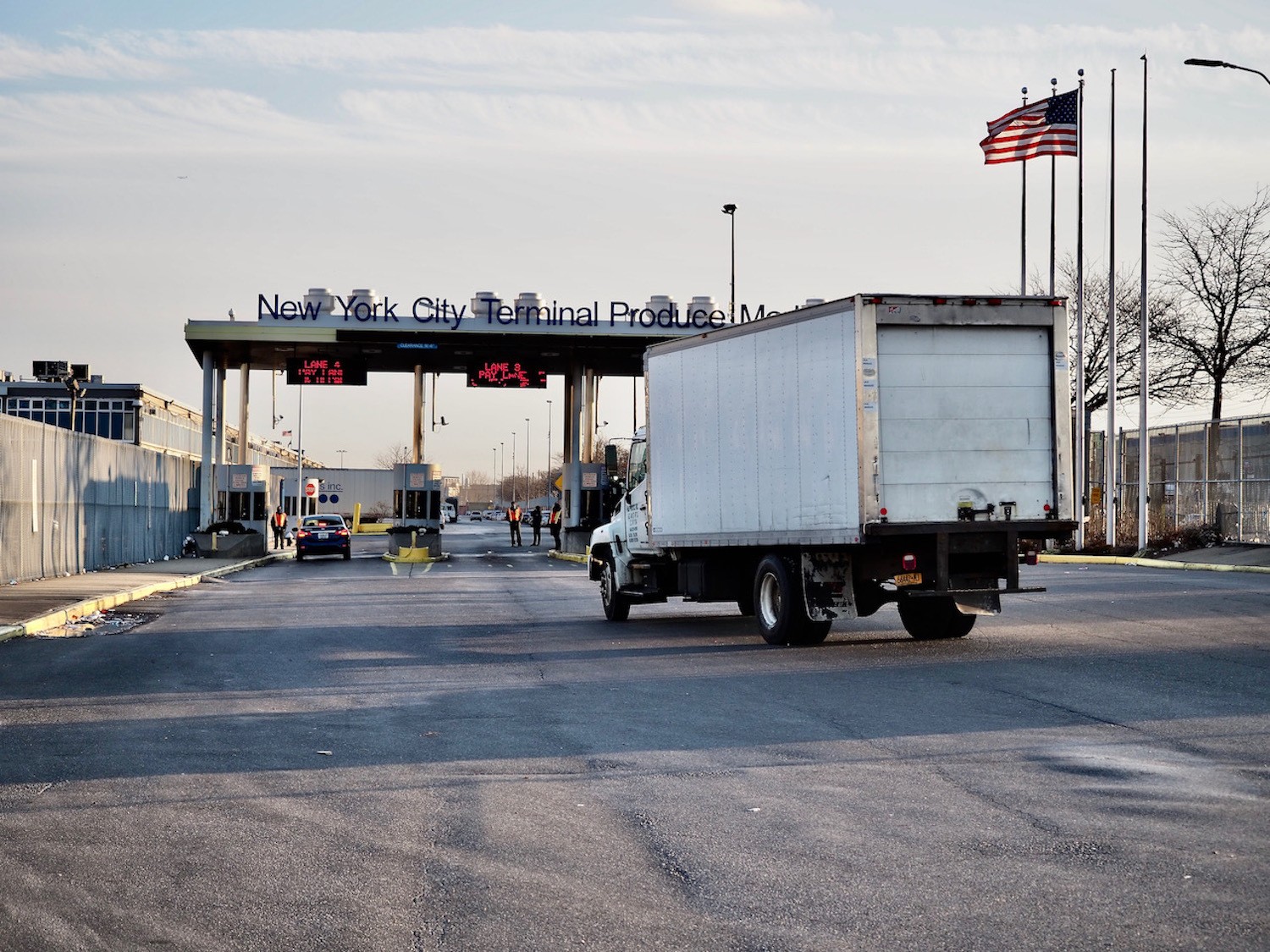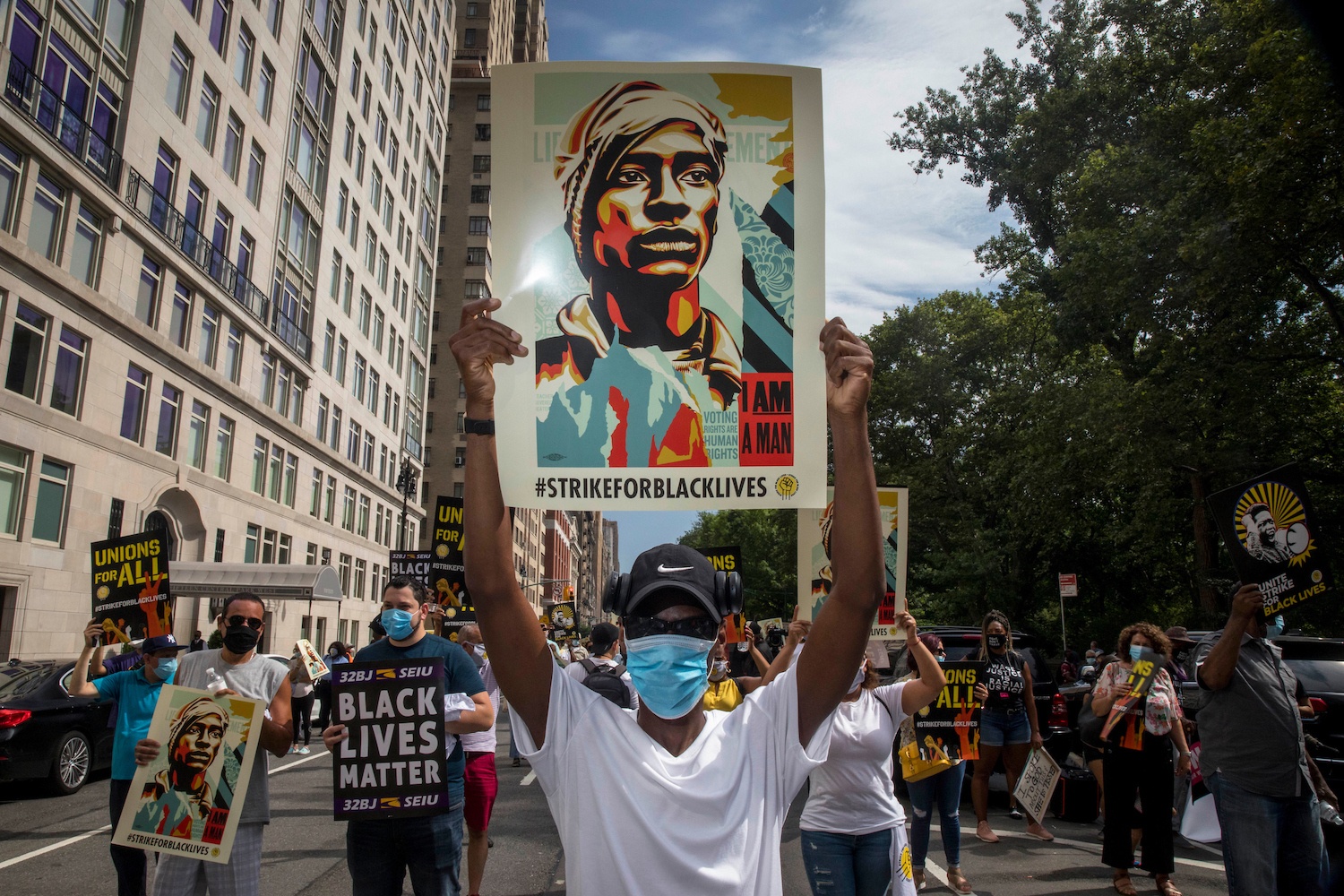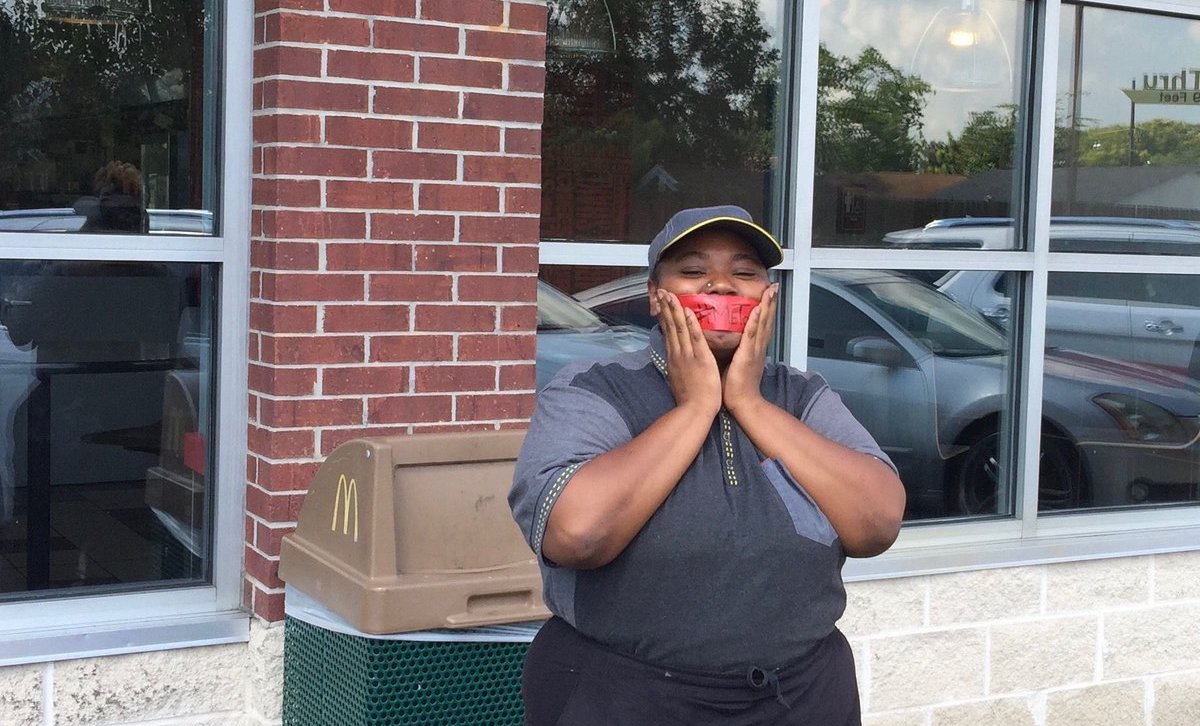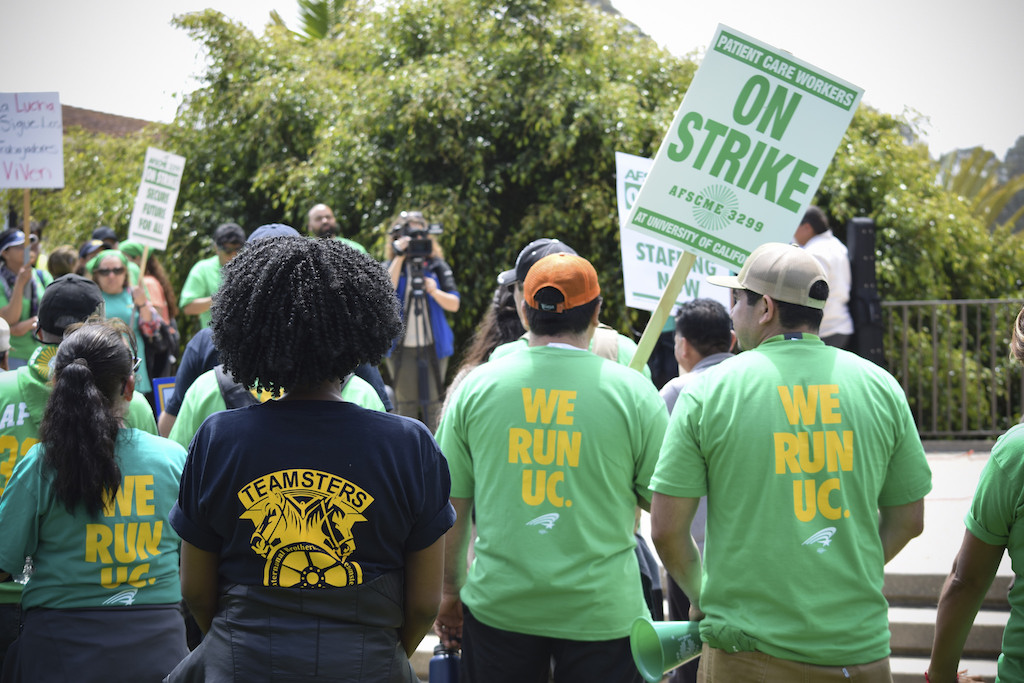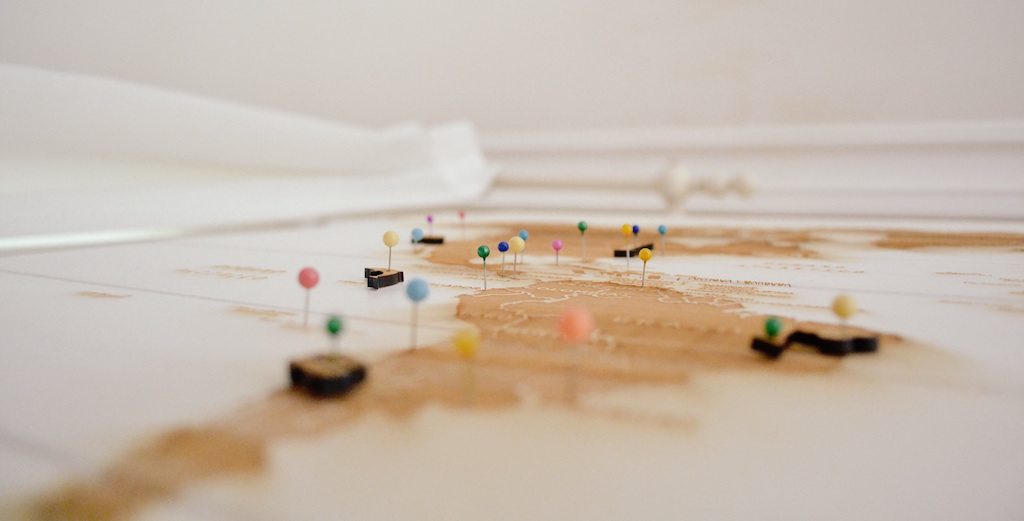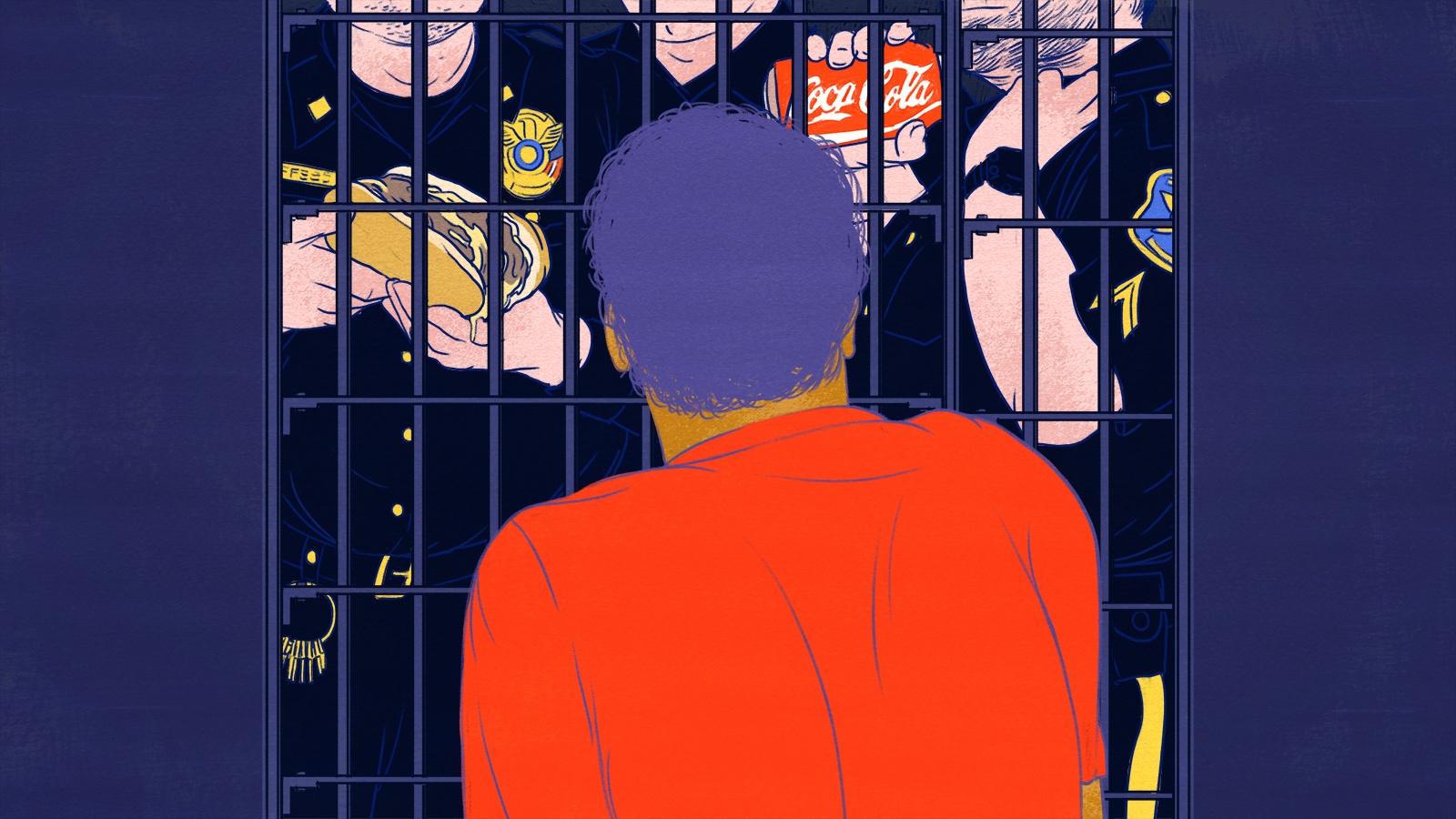
Julia Kuo for Documented
“Every day in a hunger strike is a war with yourself. Thoughts come, sometimes fear. I knew that if the virus came I would die—I had no defenses in my immune system.”
Over the past few months, immigrants detained across three county jails in New Jersey led an unprecedented wave of hunger strikes demanding release, better conditions, and outcrying the jail’s lack of response to rampant Covid-19 outbreaks. Lautaro—which is not his real name—was one of the strike leaders at Hudson County Jail, where he has been incarcerated for less than a year. He was arrested by U.S. Immigration and Customs Enforcement (ICE) agents while leaving a meeting with his probation officer for a charge he previously served time for. This is his story in his own words, translated into English, condensed, and edited. Documented reached out to ICE and the Hudson County Sheriff’s Department to verify Lautaro’s claims and neither organization responded.
This article was originally published by Documented, a nonprofit news organization that covers New York’s immigrants and the policies that affect their lives. Follow them on Facebook and Twitter, or sign up for their newsletter.
I come from a family that was marked by dictatorship. My grandfather was tortured, my uncle was murdered.
Something that I have been taught since I was young is when powerful people try to take advantage of the weak, you have to do something about it. You can’t just stand there with your arms crossed.
If we don’t take care of ourselves, no one is going to take care of us.
—
A few months ago when I was leaving a meeting with my probation officer, there were four heavily armed ICE agents waiting outside. They told me that the motive for my arrest was because I violated my visa when I overstayed it. They told me I had no possibility to fight my case, and that I had no rights, which was a lie because I have the right to seek asylum, which I am still fighting for to this day.
My first month in the immigration jail was when I realized all of the injustices that us immigrants are up against. We were being criminalized just for being immigrants. And we were paying for it with time, taken from our lives that can never be recuperated.
There were 50 of us in my section. Of all 50 of us, only one person had won his case, which he had been fighting for years. Everyone else was being denied. We’re talking about people with no criminal record, who the judges were saying are a “danger to society.”
[The hunger strike] was coordinated with people on the outside. I knew that if we just did by ourselves, without telling people on the outside it wasn’t going to work. We needed people on the outside to make noise.
I started talking about it with other people [in the immigration jail]. It was difficult because they would ask “Was it going to be useful? What were we going to achieve?”
So I would say to them, “Look, we’re not even given a chance. Even when we’re fighting our charges legally, with a lawyer, we always lose in the courts.” And everyone knew [it was true].
Life inside
There are many people whose problems have gotten worse inside, mentally more than anything. Everyone here is going crazy.
When we would ask for help, the guards made us feel like we are the worst in the world.
One time someone went to ask a guard for a piece of paper to write on, or draw. The guard put on a mask and started to spray him with disinfectant, and made a face like he was something disgusting.
Another time, someone with a medical condition didn’t speak any English, so I helped him speak with the guards. He had a tumor on his head as big as an egg. The guard just told him, “Go sit down, and don’t get close to me again.”
The day arrived, and the cart with our breakfasts started passing by our cells. And one by one they started refusing the food.
Another man’s hands had turned purple. He went to the doctor almost every day but he never had a serious response. They just told him “we don’t know what this is, put socks on your hands.”
The blood wasn’t circulating to his hands or his feet. He couldn’t even pick up a glass of water to drink, or do anything with his hands because he would drop everything. None of the nurses did anything to help him.
We are never heard in here. Once we put on the orange jumpsuit we become just another number. Another number of the hundreds inside the jail.
Hunger strikes
We did two hunger strikes. The first one was on the 28th of December. The second was supposed to start on the 15th of January—five days before Biden’s inauguration—but then they [put us on lockdown], because there were 36 new cases of Covid [inside the jail]. One day to the next, without any warning we were in lockdown all day long, with only a half hour to be outside.
It’s inhumane to be in a cell so small that you can’t even take a step for 23 and a half hours a day. That was when I said, “No, we can’t stand for this.”
So in my free half hour, I went from cell to cell asking people if they would start the strike the next day. Many said yes. So I explained, “Tomorrow, nobody can accept the trays with breakfast, and that’s how we will begin our hunger strike.” We were all in agreement.
December 28th 2020: Day one of the first hunger strike
The day arrived, and the cart with our breakfasts started passing by our cells. And one by one they started refusing the food.
The guard was then obliged to alert that there was a hunger strike. I told him, “We are doing a hunger strike. We will not stand for being locked in our cells for 23 and a half hours a day. It’s unjust. We are not the ones at risk of spreading Covid, it is [the guards] who need to be taking the precautions, because they are the ones who are in the streets, and in contact with others.”
More than 70 percent of the people in my section refused to take breakfast, lunch, and dinner for two days straight.
—
So when Lieutenant William came we told him our problem wasn’t with them, our problem was with ICE. So he said, “Okay, I promise I will bring someone with ICE to talk to you all.”
We said “Okay, until that happens we will continue the hunger strike.”
In a half hour, an ICE agent arrived—Mohammed Khan. He was a deportation officer. I should say that Lieutenant William treated us well. But the ICE agent had no willingness to talk to us or to listen to what we had to say.
To have a hunger strike in the middle of a pandemic is very dangerous. It was an extra pressure on them.
Mohammed Khan sat down at the table with us and I told him everything that was going on. I asked why they were ignoring the recommendation of health officials, who are saying that they don’t have a way to care for people in these conditions. And why are there people here without a criminal record. I told him that we could not continue receiving unjust treatment. And we couldn’t continue accepting the policies of this government.
“Bro, I’m not here to help you. I’m here to deport you,” he said.
So we said, “Okay we have nothing more to say to you.” So we all continued with the hunger strike.
—
[The people working at the jail] were very alarmed. To have a hunger strike in the middle of a pandemic is very dangerous. It was an extra pressure on them. On top of that, there were things happening on the outside, people were covering it in the news. The directors didn’t want that. They didn’t want anyone to be talking about problems in the jail.
It was the best moment for us to strike.
The second night [Assistant County Administrator] Oscar Aviles came. He agreed to bring someone from ICE who was actually willing to listen to us.
The hunger strike was a democratic process. So at that point we all took a vote as to whether or not we should continue. We decided to stop for now, but if in five more days no one came to speak to us, we would start a hunger strike again.
January 4th, 2021: Second hunger strike
The days passed, but nobody arrived. So [the next week] we started the hunger strike again, but this time it was indefinite.
But then the way we were treated began to change. Why? Because another section had begun to participate in the strike. There were more than 60 of us.
January 6th, 2021
The guards started to go around and write down the names of everyone who was participating in the strike. At that moment, they began to threaten people. They told them that the hunger strike wasn’t going to work, that the only thing that was going to happen was that people were going to die of hunger. [They also said] that people’s deportations would be expedited, or that they would be moved to another state.
Understandably, many people got scared. They wanted to be with their families. On our third day [without eating], is when they lied to us. From my section, they took some of us out of our cells, and told us that they were going to take us to the doctors. First, they took us to a psychologist, but after that, SWAT police took us to cells that they said were in the “medical area” but to me, they were the punishment cells.
My cell was terrible, [it looked like something] out of a horror movie. It had a bed, no water, and a dirty toilet that someone had used. Because there was no water, I couldn’t flush the toilet. It was disgusting. It smelled bad, and it was cold. They put us there for four hours without a blanket.
One day they brought me a Philly cheese steak with mozzarella cheese with a can of Coca-Cola. It smelled good, but I told them, “No.” I told them “Bring me something that smells like freedom” and they laughed.
They told us that we would be there until we ate. It was humiliating to be put in a cell with a dirty toilet without water. We couldn’t wash our hands, we couldn’t do anything.
After 24 hours, I was moved to a new cell. Everything was the same, except that there was water. I was locked in for 23 and a half hours per day for five days, Wednesday until Sunday when the hunger strike stopped. From Friday to Sunday I didn’t leave at all.
The most difficult war is with your own mind. I always trusted the people who were helping me on the outside, especially Freedom for Immigrants, and my partner. They were who gave me the strength to continue. If it had not been for them, I wouldn’t have been able to do it.
The guards knew that I was staying strong. One day they brought me a Philly cheesesteak with mozzarella cheese with a can of Coca-Cola. It smelled good, but I told them, “No.” I told them, “Bring me something that smells like freedom” and they laughed.
The toll on you
Every day in a hunger strike is a war with yourself. Thoughts come, sometimes fear. I knew that if the virus came I would die—I had no defenses in my immune system.
At one point I had a very important conversation with a doctor.
He asked me, “Why are you doing this?”
I said, “We are sick of being treated like the worst kind of criminals, just because we are in this country as undocumented immigrants.”
He said, “What does this have to do with eating?”
I said, “It’s the only way that people will listen. It’s a cry of desperation.”
He told me, “It’s totally ridiculous what you are doing.”
And I said, “But why are you bothered by what I am doing?”
“It is my job to take care of you,” He said.
Every day in a hunger strike is a war with yourself. Thoughts come, sometimes fear. I knew that if the virus came I would die—I had no defenses in my immune system.
I said, “If you care about our health, why don’t you ever say anything about when we are locked down? Twenty-three and a half hours in a cell, and people are going crazy. They have started to have mental problems from being shut in. I have never seen you say anything about that. You only have a problem with us, because we are making a problem for the prison. You don’t care about human life.”
At that moment he shut the door in my face. He didn’t let me finish.
But I told him everything I needed to tell him. I was looking at his eyes, and sometimes the eyes tell you many things. He just looked at me without saying anything, because he knew that what I was saying was true.
The strike ended because ICE began to use shady tactics. They come in the middle of the night, and take people out of their cells and move them to another state. A few days ago they took someone at 5 a.m. We don’t know where they are sending them.
If we don’t see any changes, we will do it again, and with more strength.
[My message] to immigrants who were impacted by the past government is for us to rise up, to be a part of the change in this country. We are strong, we are the workers. The racist policies of the past administration cannot erase us. We have been mistreated and we are hurt, but we are still alive.
We have to end the systematic limitations that we have in our own minds that tell us that we can’t do anything just because we are immigrants. We already have Latinos in government—that shows us that we can achieve great things. Construction workers—all workers. The development of this country is in our hands. We are a part of the economy, a part of the culture, and we should be recognized for this. We should be proud of who we are. It’s our job to end these mental, legal, and social limitations. So that our children, and our children’s children can walk freely without shame or fear in the streets of this country.


